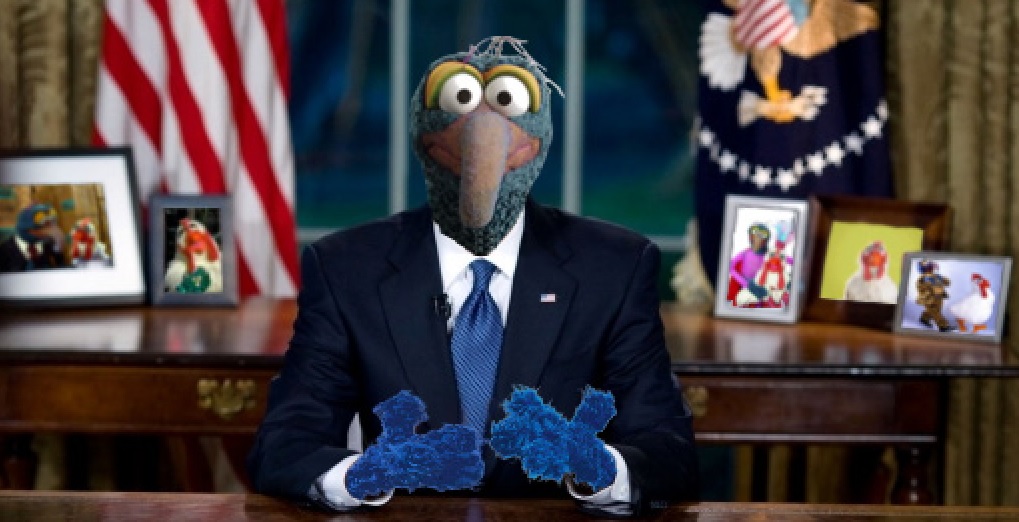The symptoms of hubris syndrome
Proposed criteria for hubris syndrome, and their correspondence to features of cluster B personality disorders in DSM-IV
- A narcissistic propensity to see their world primarily as an arena in which to exercise power and seek glory; NPD.6
- A predisposition to take actions which seem likely to cast the individual in a good light—i.e. in order to enhance image; NPD.1
- A disproportionate concern with image and presentation; NPD.3
- A messianic manner of talking about current activities and a tendency to exaltation; NPD.2
- An identification with the nation, or organization to the extent that the individual regards his/her outlook and interests as identical; (unique)
- A tendency to speak in the third person or use the royal ‘we’; (unique)
- Excessive confidence in the individual’s own judgement and contempt for the advice or criticism of others; NPD.9
- Exaggerated self-belief, bordering on a sense of omnipotence, in what they personally can achieve; NPD.1 and 2 combined
- A belief that rather than being accountable to the mundane court of colleagues or public opinion, the court to which they answer is: History or God; NPD.3
- An unshakable belief that in that court they will be vindicated; (unique)
- Loss of contact with reality; often associated with progressive isolation; APD 3 and 5
- Restlessness, recklessness and impulsiveness; (unique)
- A tendency to allow their ‘broad vision’, about the moral rectitude of a proposed course, to obviate the need to consider practicality, cost or outcomes; (unique)
- Hubristic incompetence, where things go wrong because too much self-confidence has led the leader not to worry about the nuts and bolts of policy; HPD.5
APD = Anti-Social Personality Disorder; HPD = Histrionic Personality Disorder; NPD = Narcissistic Personality Disorder.
In making the diagnosis of hubris syndrome we suggest that 3 of the 14 defining symptoms should be present of which at least one must be amongst the five components identified as unique.
Owen, D. and Davidson, J. Hubris syndrome: An acquired personality disorder? A study of US Presidents and UK Prime Ministers over the last 100 years. Brain 2009: 132; 1396–1406


Surely this is the job description of essential traits for previous NSFT board of directors ?
Wow that was strange. I just wrote an incredibly long comment but after I clicked
submit my comment didn’t show up. Grrrr… well I’m not writing all that over again. Anyways, just
wanted to say wonderful blog!
CBD exceeded my expectations in every way thanks cbda hemp oil. I’ve struggled with insomnia in the interest years, and after tiring CBD because of the key mores, I for ever experienced a full evening of calm sleep. It was like a bias had been lifted misled my shoulders. The calming effects were calm still intellectual, allowing me to drift afar uncomplicatedly without sensibilities punchy the next morning. I also noticed a reduction in my daytime anxiety, which was an unexpected but acceptable bonus. The cultivation was a flash rough, but nothing intolerable. Blanket, CBD has been a game-changer in compensation my slumber and uneasiness issues, and I’m thankful to keep discovered its benefits.
?»?best mexican online pharmacies: mexican pharmacy – mexican border pharmacies shipping to usa